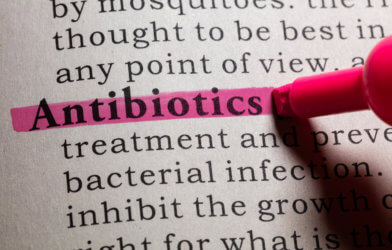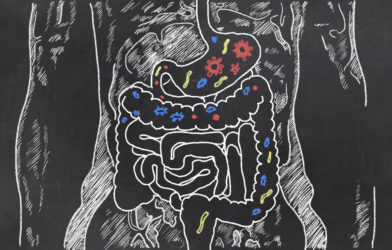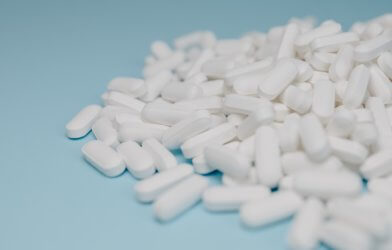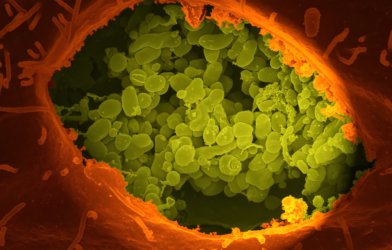
Antibiotic Resistance


New biotherapeutic protects gut microbiome from harmful effects of antibioticsJune 6, 2022

Antibiotics can trigger deadly fungal infections by disrupting gut’s immune systemMay 16, 2022

High-fiber diet helps stave off antibiotic resistance in the gutMay 13, 2022

Worry-free antibiotics? Fidaxomicin gets rid of harmful bacteria without causing harm to gutApril 18, 2022

Kissing your dog bad for gut health? Pets can pass antibiotic-resistant bacteria to ownersApril 6, 2022

Salmonella, other bacteria use ‘hack’ to turn immune system against our body: ‘It’s kind of ingenious’March 7, 2022

Giving antibiotics to newborns can harm their future gut healthMarch 4, 2022

Surfers 3 times more likely to have antibiotic-resistant bacteria in gut from seawaterJanuary 4, 2022
